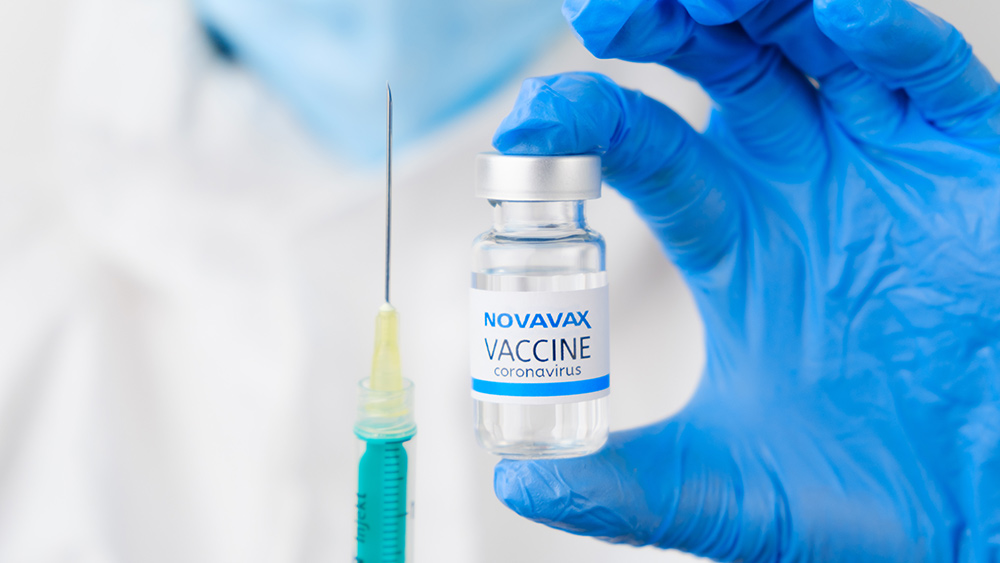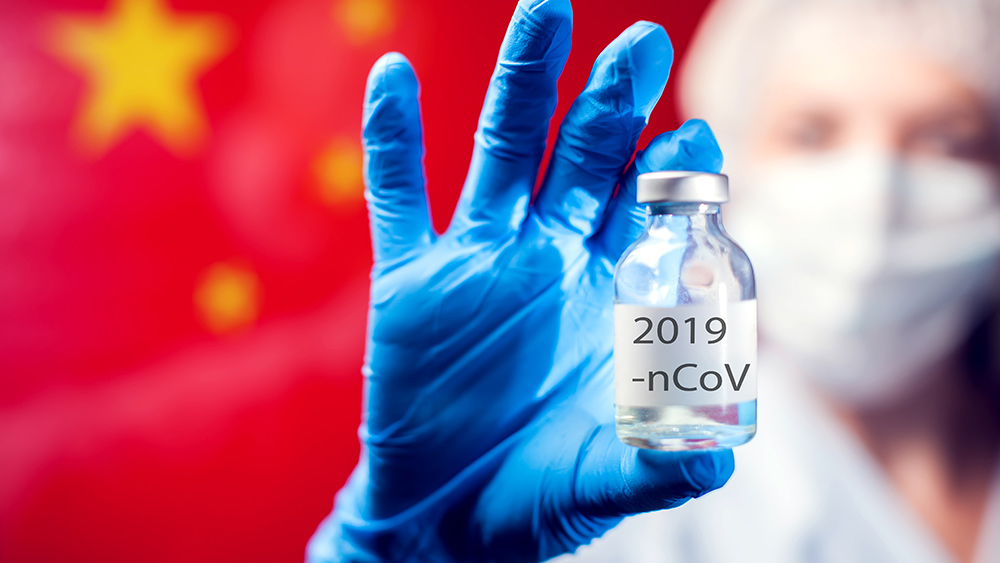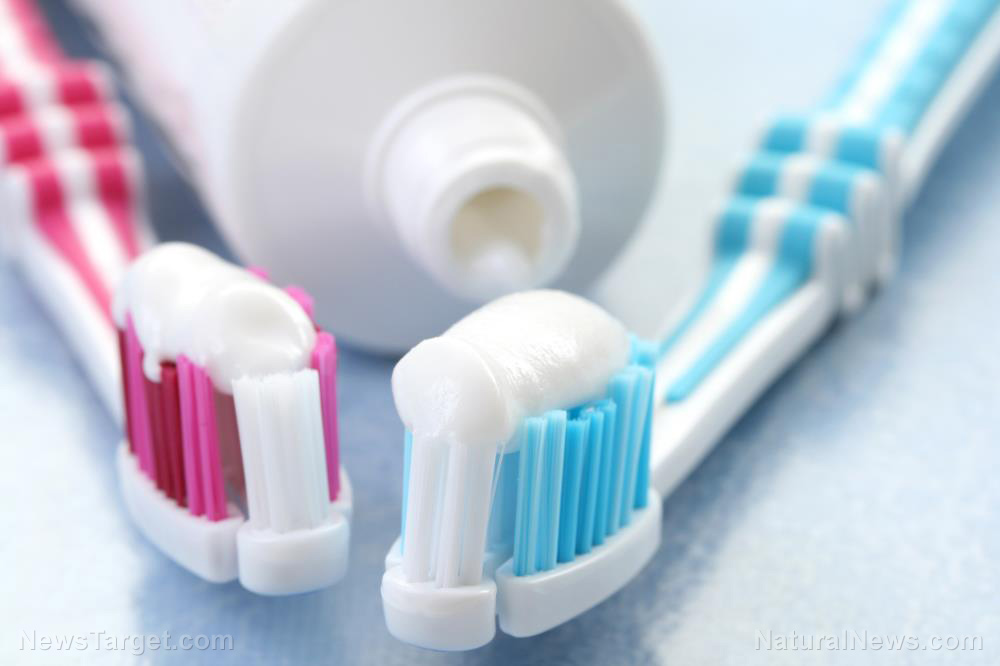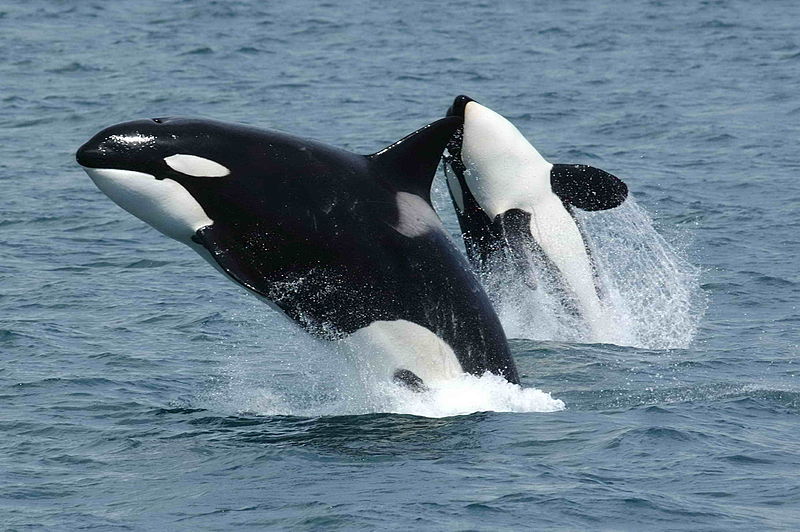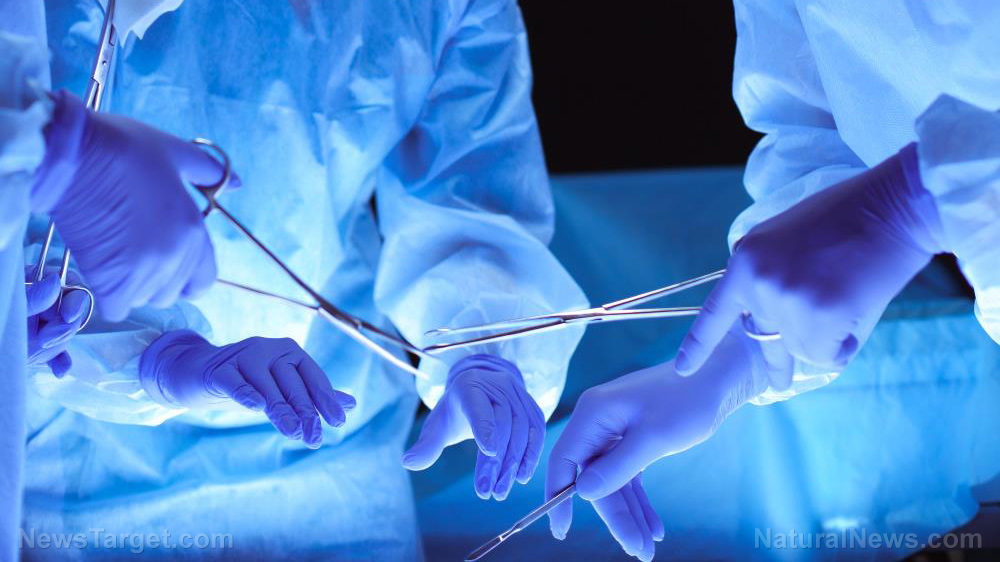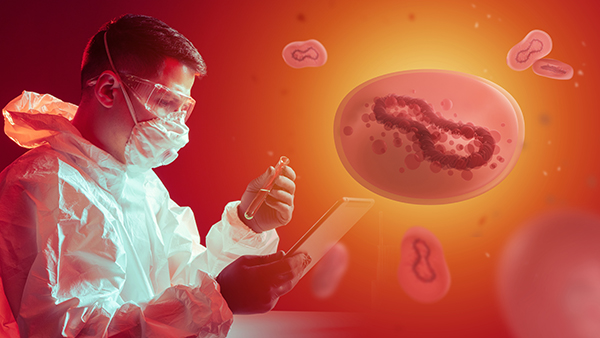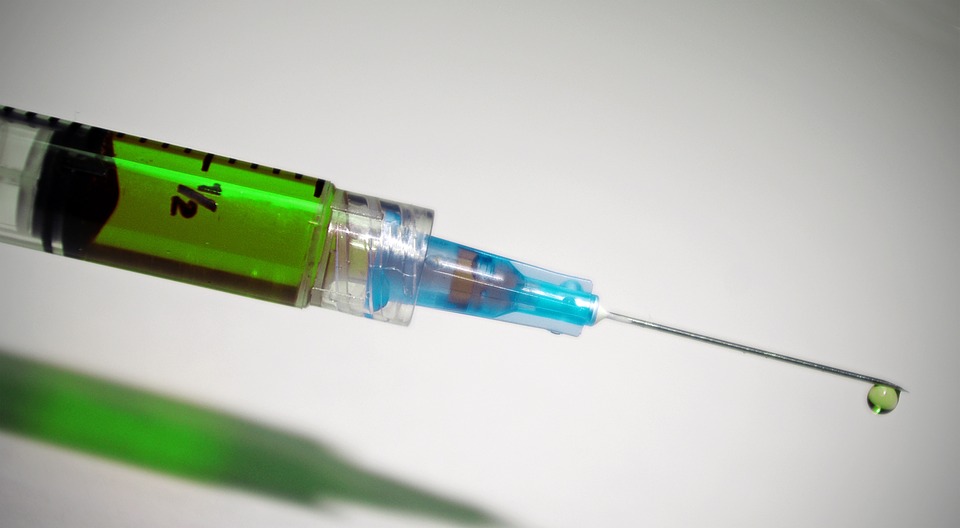Bill Gates pushes lab-grown “human milk” amid infant formula shortages
06/06/2022 / By Mary Villareal

Bill Gates is now pushing to stop breastfeeding and instead encourages feeding babies with BIOMILQ, which is a cell-cultured breast milk made in a lab, along with other types of fake food.
There is nothing really miraculous about synthetic, lab-grown food alternatives: It cannot be compared to food that comes from nature in terms of nutrition or environmental protection. And as seen in infant formula shortages, being dependent on them will make people dependent on a handful of companies that manufacture them.
Breastfeeding rates among mothers in the U.S. is low, with many increasingly relying on formula as the main source of essential nutrition for babies. Parents are now getting desperate in their search for infant formula, which makes it clear that campaigns to push for breastfeeding have not been effective in encouraging mothers at all.
Factors like the war between Russia and Ukraine have increased demand for other products following the ease of pandemic restrictions. High inflation and ongoing supply disruptions have also affected the availability of some products. The combination of short- and long-term factors on the supply side has also triggered the recent crisis.
Gates’ investment firm, Breakthrough Energy Ventures, is backing up a startup company named BIOMILQ in developing artificial human breast milk while supposedly limiting greenhouse gas emissions produced during formula manufacturing. However, product development will take at least five years before it will be available for the public in stores.
Separately, a timeline showed that Gates is the person behind the push to stop breastfeeding and encourage the uptake of BIOMILQ. (Related: The baby formula market is a corrupt, FDA-enforced protection racket designed to feed babies processed JUNK ingredients.)
This began in June 2020 when Gates announced that the startup company BIOMILQ is using biotechnology to create artificial breast milk for babies. This formula uses mammary epithelial cells, which are placed in flasks with cell culture media. The cell grows and is then placed in a bioreactor that the company says “recreates conditions similar to the breast.”
Current formula shortages highlight risks of consolidated food production
Despite Gates’ push to stop breastfeeding and encourage BIOMILQ, the current formula shortages highlight the risks of consolidated food production.
The baby formula market in the U.S. is controlled by a few companies, with Abbott being responsible for 43 percent of its production. However, according to a whistleblower filing from October 2021, equipment at the company’s Sturgis facility had been “failing and in need of repair.”
With equipment in need of repair and bacteria outbreaks in its formula sickening babies, Abbott used its massive profits from 2019 to 2021 to announce a lucrative stock buyback program.
“Abbott detected bacteria eight times as its net profits soared by 94 percent between 2019 and 2021,” a report from the Guardian said. “And just as its tainted formula allegedly began sickening several babies, with two deaths reported, the company increased dividends to shareholders by over 25 percent while announcing a stock buyback program worth $5 billion.”
U.S. Customs and the Border Protection (CBP) offer 588 cases of infant formula from Europe in April 2021 due to the lack of appropriate nutritional labeling. In February of the same year, CBP officers said they inspected 17 separate shipments from Germany and the Netherlands, leading to a warning against buying formula online from overseas.
While Americans are being warned against purchasing infant formula from overseas, the Food and Drug Administration announced bacterial contamination in Abbott Nutrition’s Sturgis, Michigan facility in February. (Related: Parents of babies with allergies are struggling due to baby formula shortage.)
Watch the video below as Bill Gates discusses his investment in fake food.
This video is from the SecureLife channel on Brighteon.com.
More related stories:
Sources include:
Submit a correction >>
Tagged Under:
Abbott Nutrition, baby formula, bill gates, BIOMILQ, biotechnology, clean food watch, food collapse, Food Evolution, food science, food shortage, food supply, franken food, grocery, infant's health, insanity, products
This article may contain statements that reflect the opinion of the author







